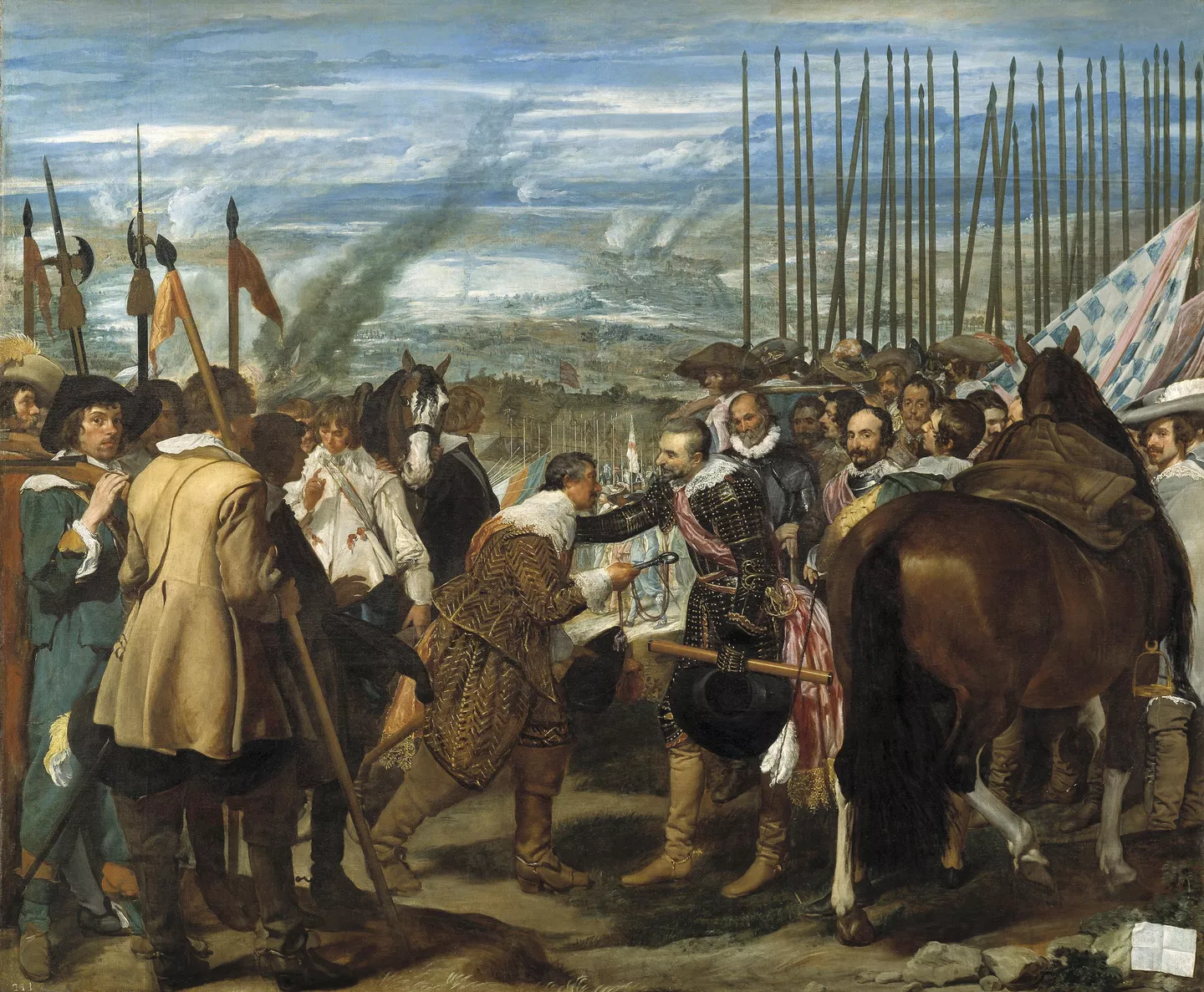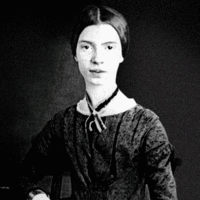
Life I. Success (67)
by Sophia Brookshire
Emily Dickinson's poem number "112 (67)" is commentary on what success truly feels like. This poem establishes the paradox that a victor may feel as if he knows what success is, but the loser is the one who truly understands what success means. This poem is in the form of a ballad with the rhyme scheme of abcb. The poem alternates between iambic tetrameter and iambic trimeter. The narrator functions like a reporter-detached and unemotional; doing this allows the narrator to distance themselves from the text, and assures the reader that the event described did not happen to them. This poem was most likely written in 1859 when Emily was nineteen years old.
Success means more to those who have never experienced winning. Dickinson uses the metaphor: "to comprehend a nectar requires sorest need" to restate her opening statement. "Nectar" is considered to be the drink of the Greek and Roman gods that gives them immortality. Dickinson could also be using this word as a pun, alluding to one of her greatest passions-gardening. In gardening terms, nectar is a sweet plant secretion that is the raw material for honey. "Sorest" means severe or intense. Therefore, in order to understand or acquire a nectar one must have an intense need for it. Or, to understand the desire to win one must have an intense need to become immortal.
Not one of the "purple host" (soldiers in the army), who captured the flag today (winners) could tell you the true meaning of victory. Capturing the opponent's flag and replacing it with your own is a common way to signify defeat and dominance over another.
A defeated soldier lays dying, listening to the "distant strains of triumph" and in his agony he justly understands success. One cannot fully appreciate success without first experiencing failure. "Strains" and "triumph" are both puns. A strain is the lineage or ancestry of something; also it is a group (as of people or plants). "Triumph" is also the name of a group of tulips. Tulips were first brought to the United States in 1847, and were reportedly first grown on the estates of Richard Sullivan Fay, Esq. in both Lynn and Salem, Massachusetts. Tulips are said to be symbols of abundance and intelligence.
Works Cited
* Dickinson, Emily. "112 (67)." The Norton Anthology of Poetry. 5th ed. Ed. Margaret Ferguson. New York: Norton, 2005. 719-20. * Wikipedia contributors. "Emily Dickinson." Wikipedia, The Free Encyclopedia. Wikipedia, The Free Encyclopedia, 30 Mar. 2012. Web. 4 Apr. 2012. * Wikipedia contributors. "Tulip." Wikipedia, The Free Encyclopedia. Wikipedia, The Free Encyclopedia, 4 Apr. 2012. Web. 6 Apr. 2012.References
Sophia Brookshire - http://voices.yahoo.com/analysis-philip-larkins-ambulances-11975314.html#Americans #Women #XIXCentury Life














